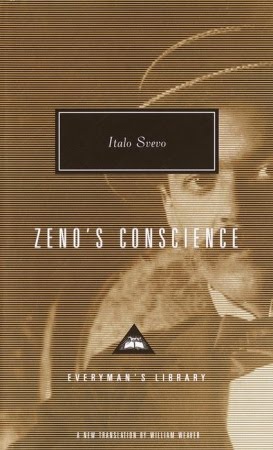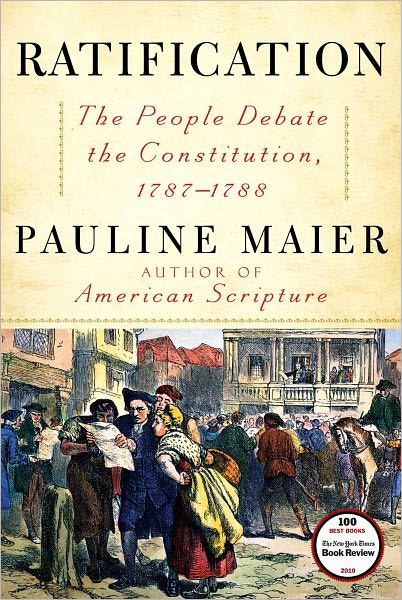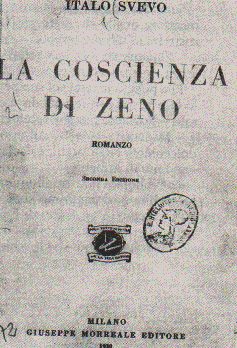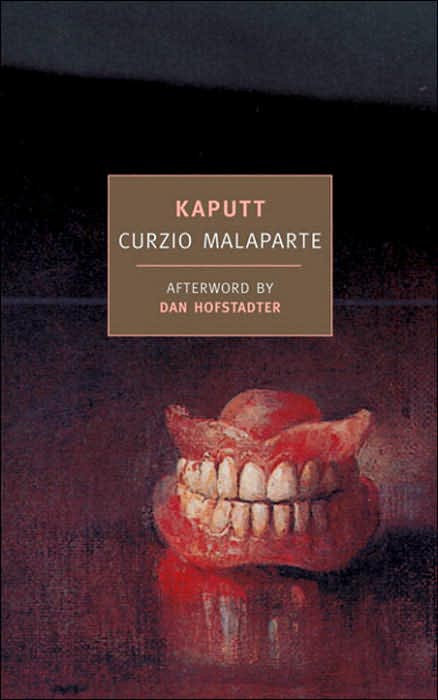Zeno’s Conscience by Italo Svevo (real name – Ettore Schmitz) Translation by William Weaver Sorrow and love—life, in other words—cannot be considered a sickness because they hurt. The fictional autobiography and journal of Zeno Cosini proves to be full of comic contradictions, highlighting his own unreliability. Yet Zeno can be observant and perceptive, although not […]
Author: Dwight
I had put myself in the doctor’s hands with such trust that when he told me I was cured, I believed him completely and, on the contrary, I didn’t believe in my pains, which still afflicted me. I said to them: “You’re not real, after all!” But now there can be no doubt! It’s them, […]
We were neither good nor bad, just as we were also not many other things. Goodness was the light that, in flashes and for moments, illuminated the dark human spirit. The flaming torch was necessary to give light (it had been in my spirit, and sooner or later it would also return), and in that […]
More quotes from Bloodlands: Europe Between Hitler and Stalin by Timothy Snyder. Chapter 5, titled “The Economics of Apocalypse”, looks at the plans and operations of Germany’s attack of the Soviet Union, focusing on the planned deaths of the Soviets through starvation. While the grand scale of the “Hunger Plan” was not faithfully carried out […]
More quotes from Bloodlands: Europe Between Hitler and Stalin by Timothy Snyder. Most of Chapter 4 focuses on the carving up of Poland by Hitler and Stalin. One aspect briefly touched on in this chapter that I wanted to highlight involves the deliberate elimination of Polish intellectuals by both Germany and the USSR. The removal […]
More quotes from Bloodlands: Europe Between Hitler and Stalin by Timothy Snyder. Chapter 3 looks at the expansion of the Great Terror from class persecution to national lines: People belonging to national minorities “should be forced to their knees and shot like mad dogs.” It was not an SS officer speaking but a communist party […]
See Forbes “Booked” blog for Part 1 of Oliver Stone’s dialogue with historians Paul Cartledge and James Romm on Alexander the Great. In the introduction there is a link to a collection of academians’ responses to Stone’s film on Alexander. I have compiled all of Forbes’ posts on Alexander in this post. From James Romm […]
A few more quotes from Bloodlands: Europe Between Hitler and Stalin by Timothy Snyder. Chapter 2 follows the consolidation of power by Hitler and Stalin in the 1930s and the trail of bodies in their wake. For Hitler this meant jail time to threaten potential competitors. For Stalin it meant eliminating hundreds of thousands of […]
I’m listening to Bloodlands: Europe Between Hitler and Stalin by Timothy Snyder during my commute as well as re-reading portions of it when I get home in the evening. While many of the parts are familiar to anyone with a passing interest in history, Snyder pulls the disparate and related strands together on the 14 […]
Lunch was sad. Augusta sought no explanation for my tardiness, and I offered her none. I was afraid of giving myself away, especially because, during the brief walk between the Public Garden and home, I had toyed with the idea of telling her everything, and the story of my infidelity might therefore be written on […]
Pauline Maier, Ratification: The People Debate the Constitution, 1787-1788 Simon & Schuster, Hardcover, 608 pages ISBN-10: 0684868547 / ISBN-13: 9780684868547 From Simon and Schuster’s page on the book: When the delegates left the Constitutional Convention in Philadelphia in September 1787, the new Constitution they had written was no more than a proposal. Elected conventions in […]
Still under the weather but back at work. Maybe I’ll feel like reading again soon. Until then…I saw Mel’s post at The Reading Life on a couple of Eudora Welty’s short stories, “Worn Path” and “Lily and the Three Ladies”. For those interested in Welty or “Worn Path”, there is an interview with Welty on […]
Those who have not yet experienced marriage believe it is more important than it is. The chosen companion will renew, improving or worsening, our breed by bearing children: Mother Nature wants this but cannot direct us openly, because at that time of life we haven’t the slightest thought of children, so she induces us to […]
Every time I take a book with me on a family trip I never get more than a page or two read and this trip is no exception. Not that I’m complaining, given the surroundings.
Afterwards, at the funeral, I managed to remember my father weak and good as I had always known him from my infancy, and I convinced myself that the slap given me by a dying man hadn’t been intentional. I became good as gold, and my father’s memory accompanied me, growing sweeter all the time. It […]
Cover of the second edition of La coscienza di Zeno (1925)I had never heard of Zeno’s Conscience until recently (shows how much I get around) and was happy to see a copy of it at the library. The life of the author, Italo Svevo, proves to be an interesting tale by itself. All quotes from […]
On October 8th [2008], Victor Davis Hanson spoke at Biola University on Thucydides: Understanding the Pelopenessian War and the principles which translate from a study of this ancient Greek historian to the modern political-cultural sphere. I meant to listen to this before I read Thucydides. Failing that, I meant to listen to Hanson’s talk while […]
Kaputt by Curzio Malaparte, translation by Cesare FolignoKaputt proves to be a fictional memoir, or a fantasy intertwined with historical events, by Curzio Malaparte. Employed by an Italian newspaper during World War II, he was able to travel around Europe and to the Eastern Front, at ease with dignitaries, soldiers and peasants alike. A large […]
Kaputt by Curzio Malaparte, translation by Cesare Foligno(For a note on this book as a literary work instead of a memoir, see the earlier posts on Kaputt) For the first time during the four years of war, for the first time in the course of my cruel journey through slaughter, hunger and devastated towns, I […]
For those that might be interested–History of Philosophy without any gaps podcasts: Peter Adamson, Professor of Ancient and Medieval Philosophy at King’s College London, takes listeners through the history of Western philosophy, “without any gaps.” Beginning with the earliest ancient thinkers, the series will look at the ideas and lives of the major philosophers (eventually […]




